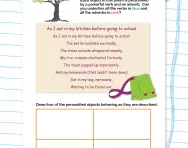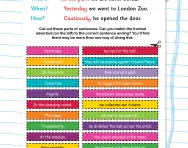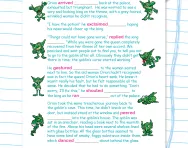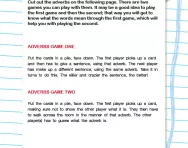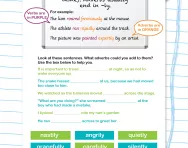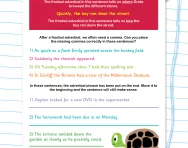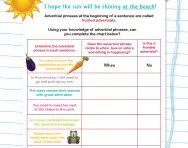Important update from TheSchoolRun
For the past 13 years, TheSchoolRun has been run by a small team of mums working from home, dedicated to providing quality educational resources to primary school parents. Unfortunately, rising supplier costs and falling revenue have made it impossible for us to continue operating, and we’ve had to make the difficult decision to close. The good news: We’ve arranged for another educational provider to take over many of our resources. These will be hosted on a new portal, where the content will be updated and expanded to support your child’s learning.
What this means for subscribers:
- Your subscription is still active, and for now, you can keep using the website as normal — just log in with your usual details to access all our articles and resources*.
- In a few months, all resources will move to the new portal. You’ll continue to have access there until your subscription ends. We’ll send you full details nearer the time.
- As a thank you for your support, we’ll also be sending you 16 primary school eBooks (worth £108.84) to download and keep.
A few changes to be aware of:
- The Learning Journey weekly email has ended, but your child’s plan will still be updated on your dashboard each Monday. Just log in to see the recommended worksheets.
- The 11+ weekly emails have now ended. We sent you all the remaining emails in the series at the end of March — please check your inbox (and spam folder) if you haven’t seen them. You can also follow the full programme here: 11+ Learning Journey.
If you have any questions, please contact us at [email protected]. Thank you for being part of our journey it’s been a privilege to support your family’s learning.
*If you need to reset your password, it will still work as usual. Please check your spam folder if the reset email doesn’t appear in your inbox.
What is an adverb?

What is an adverb?
An adverb is a word which modifies a verb, which means that it tells you how, when, where or why something is being done.
Consider the following sentence:
If you add an adverb, it gives you more information about the characters or the action in the sentence, for example:
tells us more about the feelings of the person involved.


Download Fantastic FREE Grammar Resources!
- Perfect Punctuation Workbook
- Great Grammar Games Pack
- PLUS 100s of other grammar resources
Adverb facts
Adverbs can be of time, of place, of manner and of degree.
Adverbs usually end in -ly, but there are lots of exceptions (fast, never, well, very, now, yesterday, here, there).
Teachers sometimes give children word banks to support them with using adverbs for different purposes, for example:

Adverbs can modify adjectives or other adverbs as well as verbs.
How do children learn to use adverbs?
Children are encouraged to use adverbs in their story-writing in Key Stage 2. These are some of the methods teachers might use to help them:
- When a teacher is modelling writing on the board, they might ask children for various adverbs to add to a particular sentence. This is a kind of brainstorming that allows children to share ideas with each other and improve writing through a collaborative input.
- Teachers might ask children to look out for good adverbs when they are reading. These might be written in a list on a display for children to use when they are writing.
- Teachers might give children word banks of adverbs to refer to when they are writing.
- Teachers might underline verbs in a child's writing and ask them to add an adverb to their verbs.
From Year 4, children are taught to use 'fronted adverbials'. This is when a word or phrase is put at the start of a sentence (followed by a comma), to explain how or when something is being done. For example:



